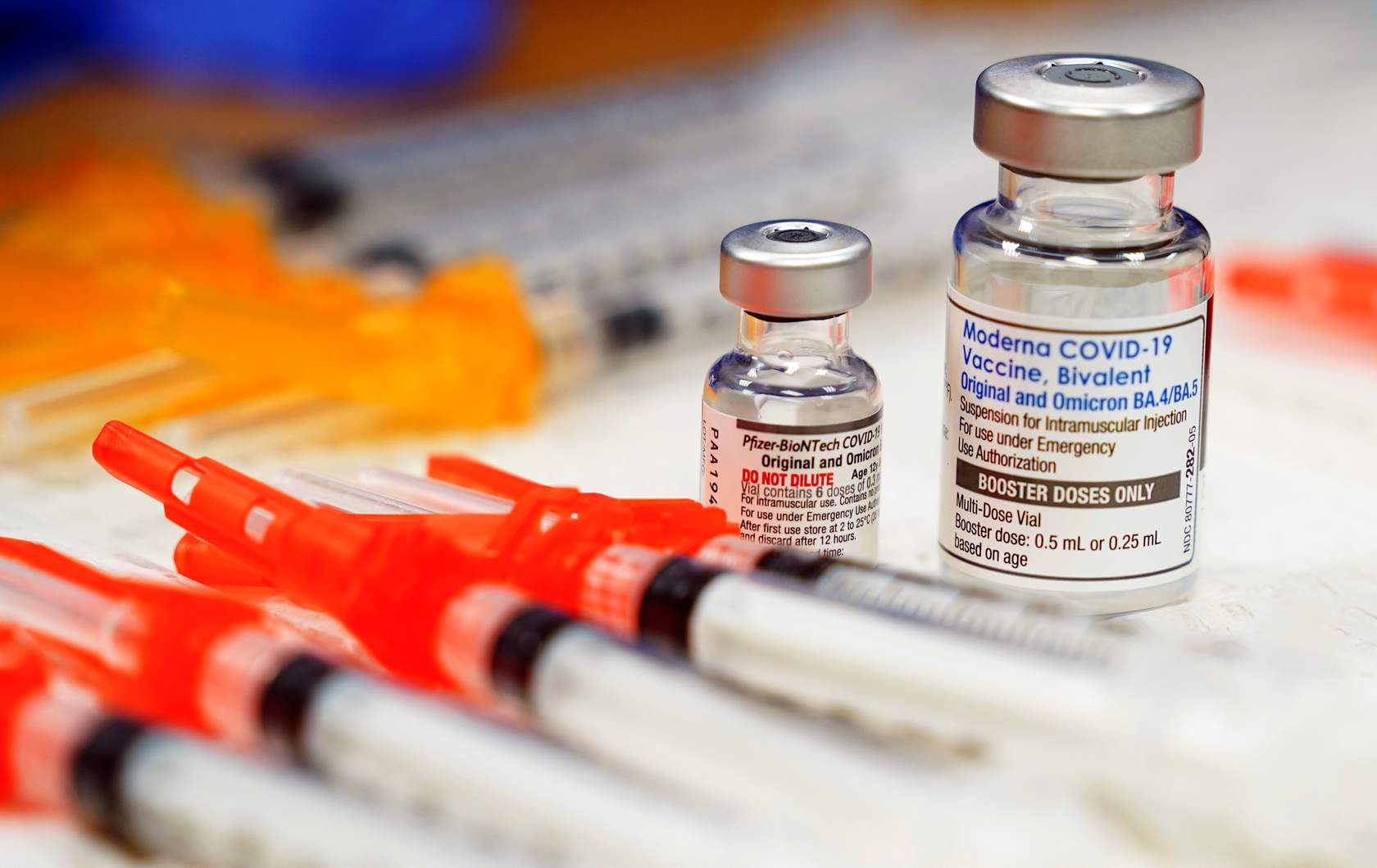Introducing Clinical Research
Description
What is clinical research? What skills are required to pursue it? What does a career in clinical research look like?
This primer will give you the 10,000-foot overview of clinical research and help to situate terminology and concepts you’ve already heard within an overarching framework.
By the end of this module, you will be able to:


Thomas R. Radomski, MD, MS
Associate Professor of Medicine and Clinical and Translational Science
Associate Director of the Institute for Clinical Research Education
Dr. Radomski is a general internist, experienced in the prevention, diagnosis, and treatment of a wide array of medical problems that affect adults. In addition, Dr. Radomski is a health services researcher. His work, which focuses on patient-centered approaches to measure and reduce health services overuse, has been published in JAMA, JAMA Internal Medicine, and the Annals of Internal Medicine. Dr. Radomski is a dedicated educator and mentor to early-career investigators.
Marie K. Norman, PhD
Professor of Medicine and Clinical and Translational Science
Director of the Innovative Design for Education and Assessment (IDEA) Lab
Co-Director of the University of Pittsburgh Team Science Core
Dr. Norman holds a PhD in cultural anthropology with a focus on medical anthropology. She has used qualitative approaches to study a range of topics in health and education, including the working dynamics of research teams, the uses of human-centered design for research, and the evaluation of education and training programs. She teaches qualitative research methods to ICRE students and trainees, and she mentors graduate, post-doctoral, and early-career investigators. Dr. Norman loves the capacity of qualitative research to open windows into other lives and worldviews.
Learn how to draft a clinical research question and proposal, identify a range of study designs for observational and experimental studies, and control for bias and confounding.
Modules in this Stack are case-based, interactive, and entirely self-paced, combining convenience and flexibility with deep, engaged learning. Take them all to earn a competency-based certificate.
Other modules in this Stack:
- Experimental Studies in Clinical Research
- Accounting for Bias and Confounding
- Crafting a Clinical Research Question and Proposal
- Observational Studies in Clinical Research


